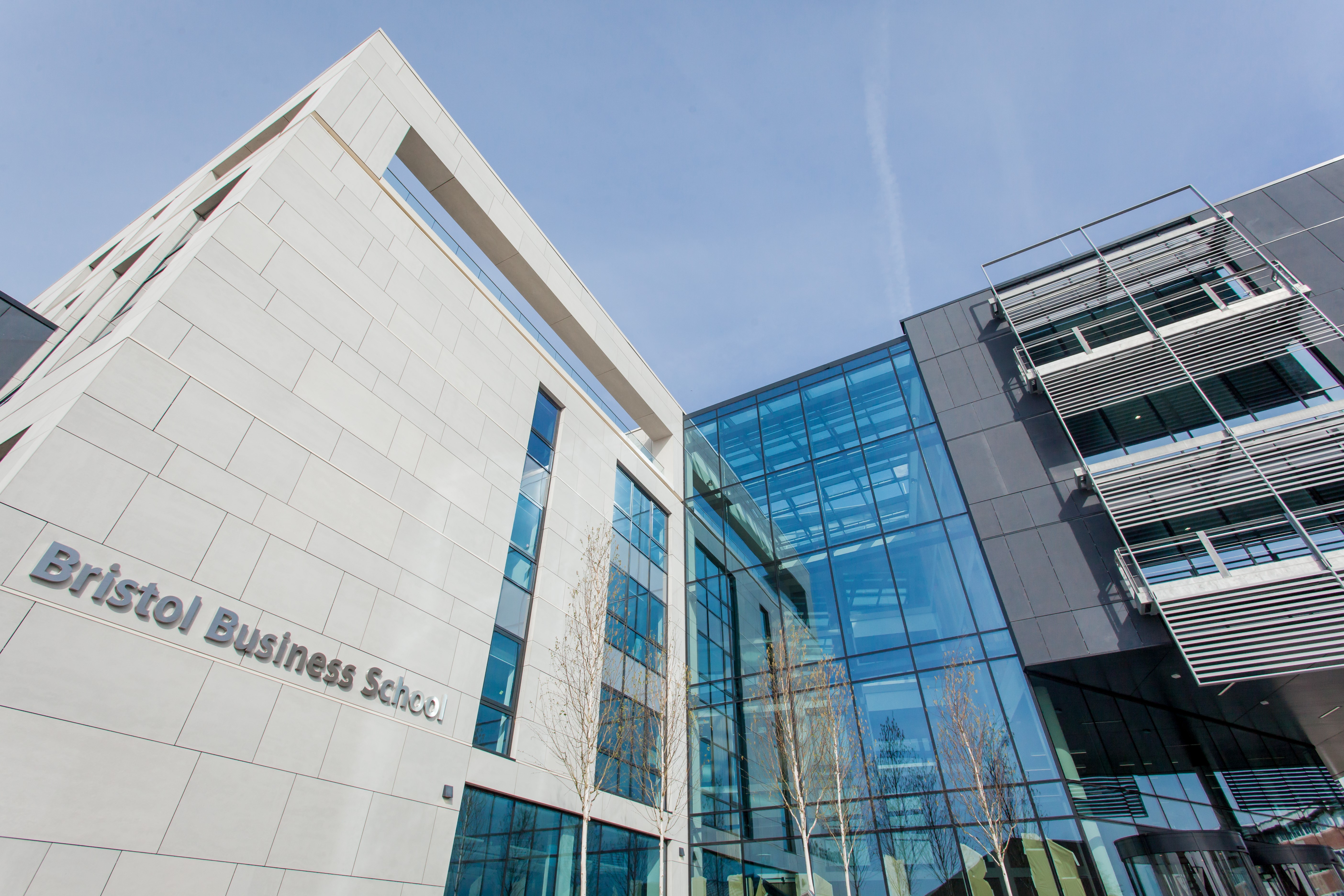MSc Science Communication
The Science Communication Unit at UWE Bristol is renowned for its innovative and diverse range of national and international activities designed to engage the public with science. Our MSc Science Communication course is an excellent opportunity to benefit from the Unit's expertise, resources and contacts.
Superb surroundings
Bristol is a hub for the science communication community. It's home to BBC Bristol, which produces a range of natural history programmes, including Life Story, and the popular science magazine, BBC Focus. Bristol is also home to the award-winning We The Curious, which the Unit has collaborated with over several years.
As well as drawing on the academic and practical experience of staff within the Science Communication Unit, our MSc programme gives you an opportunity to meet a range of visiting lecturers and benefit from their practical experience. This also provides an excellent networking opportunity for students interested in developing contacts among science communication practitioners.
The course combines a solid theoretical background with practical skill development, and has excellent links with the sectors and industries it informs. Visiting specialists also help you understand what they are looking for in future employees.
Introductory modules provide a broad theoretical foundation in issues such as the rationale for public engagement with science, understanding the audience, the role of the media in society, communication theory and models of informal learning.
You'll then have the opportunity to specialise by choosing from modules that cover practical skills related to taking science directly to the public, as well as new approaches to science communication such as digital media. This allows you to hone your practical skills and develop a portfolio that shows your expertise as a science communicator.
In the Final year, you may choose to further develop your portfolio, for example by mounting a practical science communication project, or take on a more theoretical or research-based project, perhaps with an external science communication organisation.
Inspirational and vocational
The weaving together of theory and practice ensures the award is intellectually stimulating while providing the skills employers seek. If you can't commit to a full MSc programme, you might consider the Postgraduate Diploma option.
Key fact: Based in our world-class Science Communication Unit and led by expert staff currently working in this constantly evolving field, this flexible programme is directly informed by current practice to combine theory and practice, and gives you excellent access to our strong industry links.
Intakes
- Sep
Application Processing Time in Days: 3
Application Process
Minimum English Language Requirements
| English Level Description | IELTS (1.0 -9.0) | TOEFL IBT (0-120) | TOEFL CBT (0-300) | PTE (10-90) | |
|---|---|---|---|---|---|
| Expert | 9 | 120 | 297-300 | 86-90 | |
| Very Good | 8.5 | 115-119 | 280-293 | 83-86 | |
| Very Good | 8 | 110-114 | 270-280 | 79-83 | |
| Good | 7.5 | 102-109 | 253-267 | 73-79 | |
| Good | 7 | 94-101 | 240-253 | 65-73 | |
| Competent | 6.5 | 79-93 | 213-233 | 58-65 | |
| Competent | 6 | 60-78 | 170-210 | 50-58 | |
| Modest | 5.5 | 46-59 | 133-210 | 43-50 | |
| Modest | 5 | 35-45 | 107-133 | 36-43 | |
| Limited | 4 | 32-34 | 97-103 | 30-36 | |
| Extremely Limited | < 4 | < 31 | < 93 | < 30 |
- Course Type: Full Time
- Course Level: Masters/PG Degree
- Duration: 01 Year
-
Total Tuition Fee:
14500 GBP
Annual Cost of Living: 9207 GBP
Application Fee: N/A
Similar Programs
- MSc Sport and Exercise Psychology at University of the West of England UWE, Bristol
- MSc Rehabilitation at University of the West of England UWE, Bristol
- MSc Physician Associate Studies at University of the West of England UWE, Bristol
- MSc Occupational Psychology at University of the West of England UWE, Bristol
- MSc Occupational Psychology at University of the West of England UWE, Bristol
- MSc Nuclear Medicine at University of the West of England UWE, Bristol

